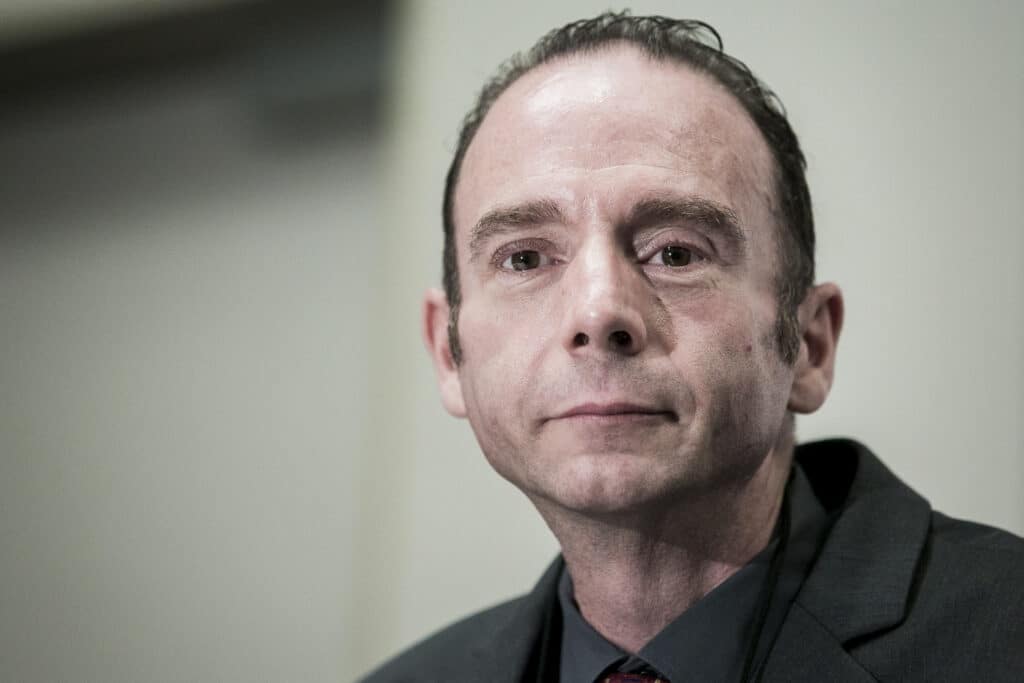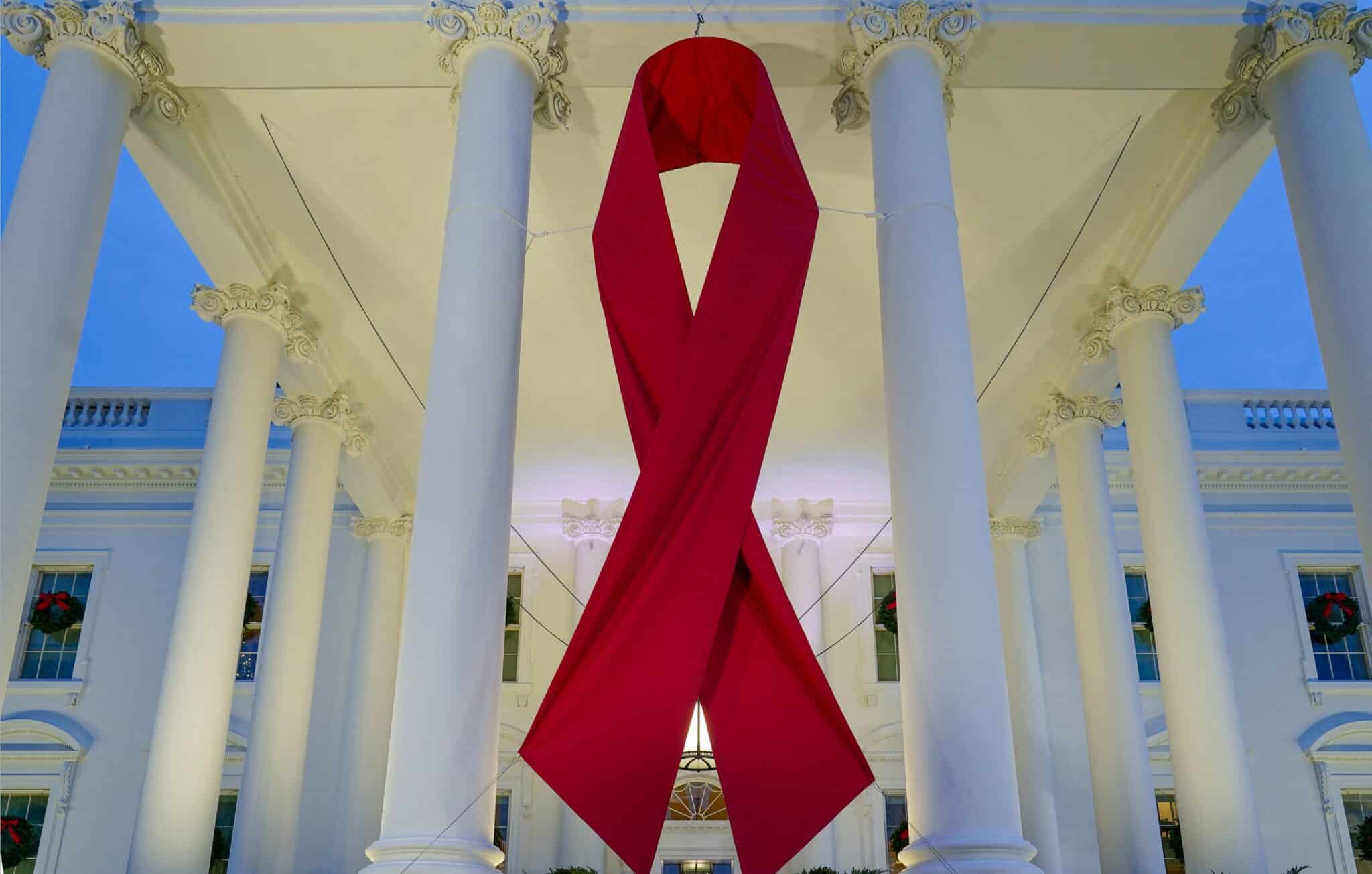A fourth person thought to have been ‘cured’ from HIV has been announced. (MANDEL NGAN/AFP via Getty Images)
For the fourth time since the global epidemic began, a person appears to have been “cured” of HIV.
The 66-year-old man, named the “City of Hope patient” after the Californian centre he was treated in, has been in remission from HIV for 17 months.
Having lived with the virus since the 1980s, the patient underwent a risky treatment for his leukaemia that coincidentally eradicated HIV from his body.
He no longer takes HIV drugs and is “beyond grateful” to not only be cured of cancer but HIV too.
Researchers made the announcement on Wednesday (27 July) at the International AIDS Conference in Montreal, Canada, the AFP news service reported.
The “City of Hope patient” is the fourth person to have been “cured” of HIV. All four experienced sustained remission from HIV after a bone marrow transplant to treat cancer.
“When I was diagnosed with HIV in 1988, like many others, I thought it was a death sentence,” said the patient, who does not want to be identified.
“I never thought I would live to see the day that I no longer have HIV. I am beyond grateful.”
“We were thrilled to let him know that his HIV is in remission and he no longer needs to take antiretroviral therapy that he had been on for over 30 years,” said Dr Jana Dickter, an infectious diseases doctor at the City of Hope.
The patient developed leukaemia at the age of 63, leading him to have a bone marrow transplant to replace his cancerous blood cells in 2019.
Unbeknownst to doctors, the donor had a genetic mutation that made him resistant to HIV.
HIV is a wily virus that slips through the cracks of immune cells called CCR5 and takes over. Yet a condition known as CCR5-delta 32 means a person’s cells are shut tight, preventing HIV from getting inside.
The mutation, however, is very rare. Around one in 10 people in Europe and the US have one copy of the mutation (so they inherited it from one of their parents) yet only one per cent inherited CCR5-delta 32 from both their parents, making them more immune to HIV.
In March 2021, the patient was vaccinated for coronavirus and went off antiretroviral medications, which keep HIV in check, and hasn’t been on them again since.
In a second case presented at the International AIDS Conference, Spanish researchers announced that a woman who had been receiving an immune-boosting regiment since 2006 may be experiencing viral remission, NBC News reported.
So while she is still living with the virus, her immune system has held it back from replicating for more than 15 years.
The first person ever cured of the virus was Timothy Ray Brown, otherwise known as the “Berlin patient”. Brown stayed HIV-free for 12 years up until his death in 2020 of cancer.
At first, stunned scientists thought his vanishing HIV act could have been a fluke. Yet nearly 12 years to the day, a second patient, the “London patient“, saw long-term remission of HIV in 2019.
The so-called “New York patient” came after in February this year – and there might already be a sixth patient. The “Düsseldorf patient” is on track for long-term viral remission.

While the news will likely re-energise efforts to find the fabled cure to the virus, it may only be of small comfort to those living with HIV.
Bone-marrow transplants replace unhealthy cells with stem cells, which are raw materials that the body uses to make everything from blood cells to brain cells.
But the procedure is dangerous and complex and often carries long-lasting side effects. It effectively involves the destruction of the person’s immune system.
It can also be difficult to say that the patients have been “cured” of HIV, given that it has happened so few times. But scientists say they are slowly realising that a cure may be possible, if difficult, to achieve.
Worldwide, nearly 38 million people are living with HIV, with 73 per cent receiving treatment, according to the United Nations.
For now, scientists stress that anti-HIV medication means those living with the virus can happily lead long, healthy lives.
“I think that if you can get rid of HIV, and get rid of CCR5, the door by which HIV gets in, then you can cure someone,” Steven Deeks, an HIV expert at the University of California, told AFP.
“It’s theoretically possible – we’re not there yet – to give someone a shot in the arm that will deliver an enzyme that will go into the cells and knock out CCR5, and knock out the virus.
“But that’s science fiction for now.”
